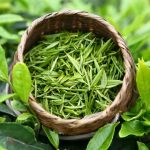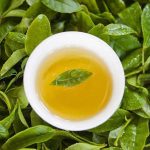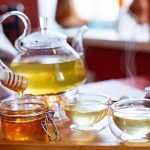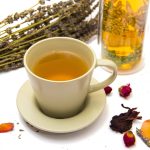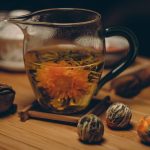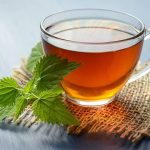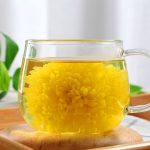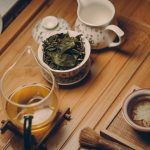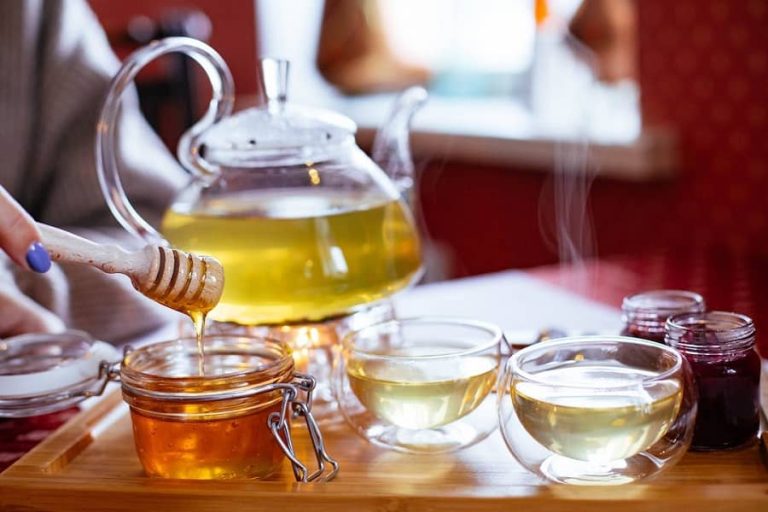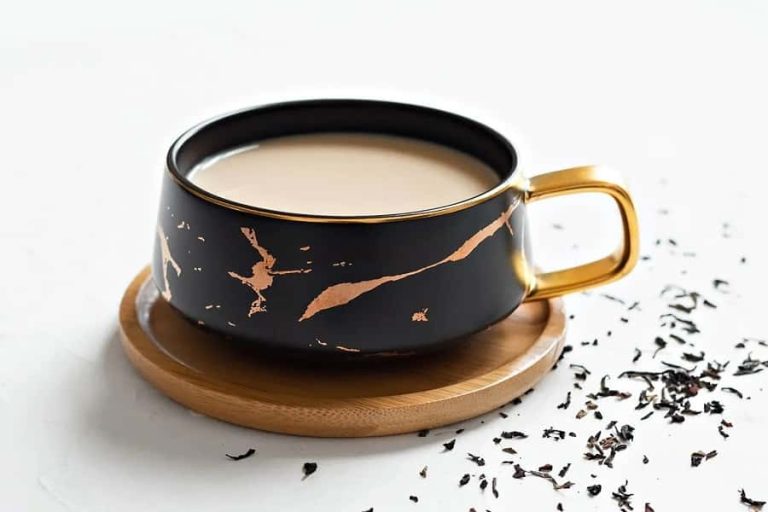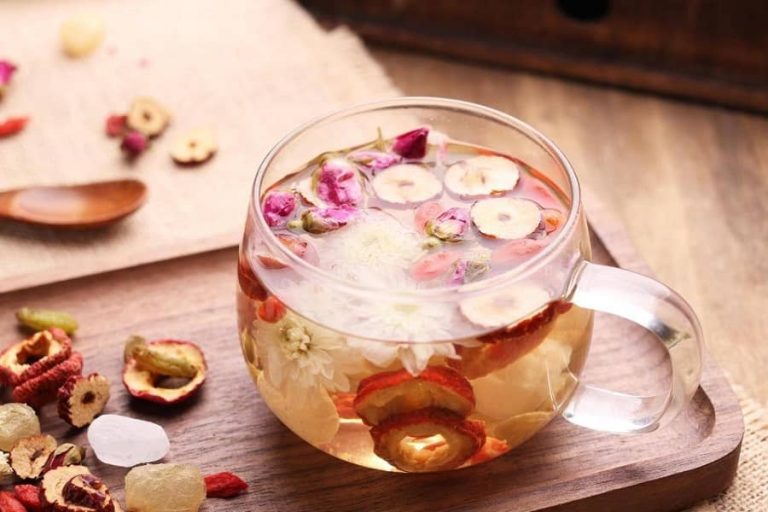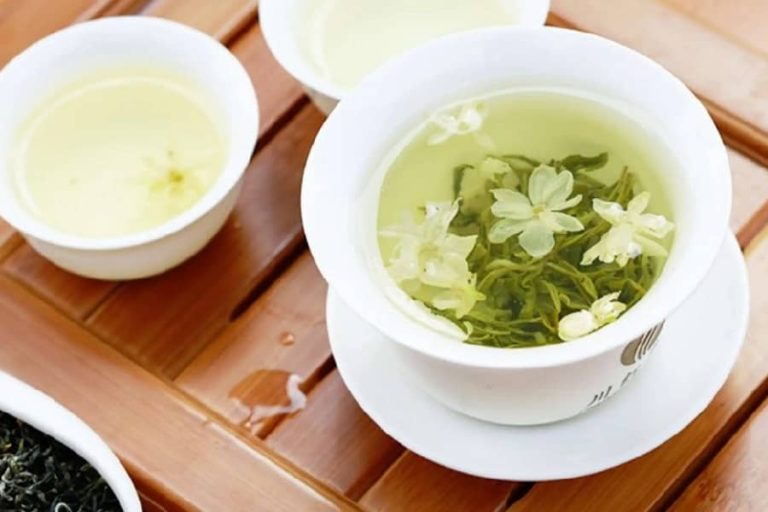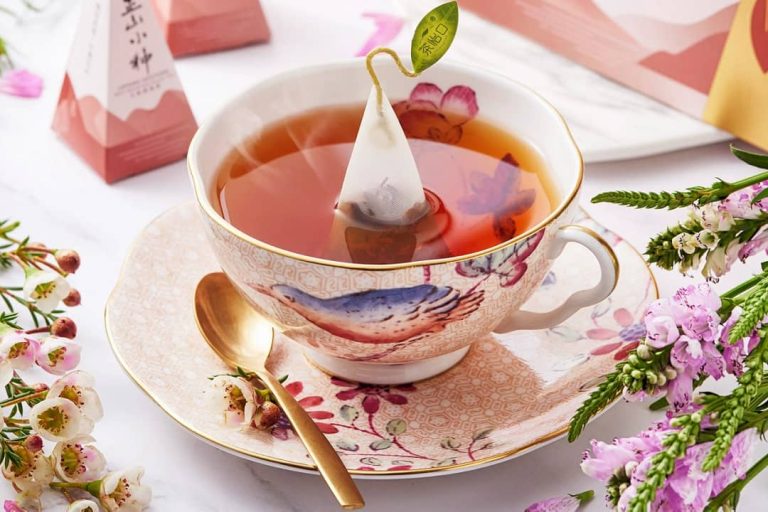What is Decaf Tea? Is Decaf Tea Good For You?
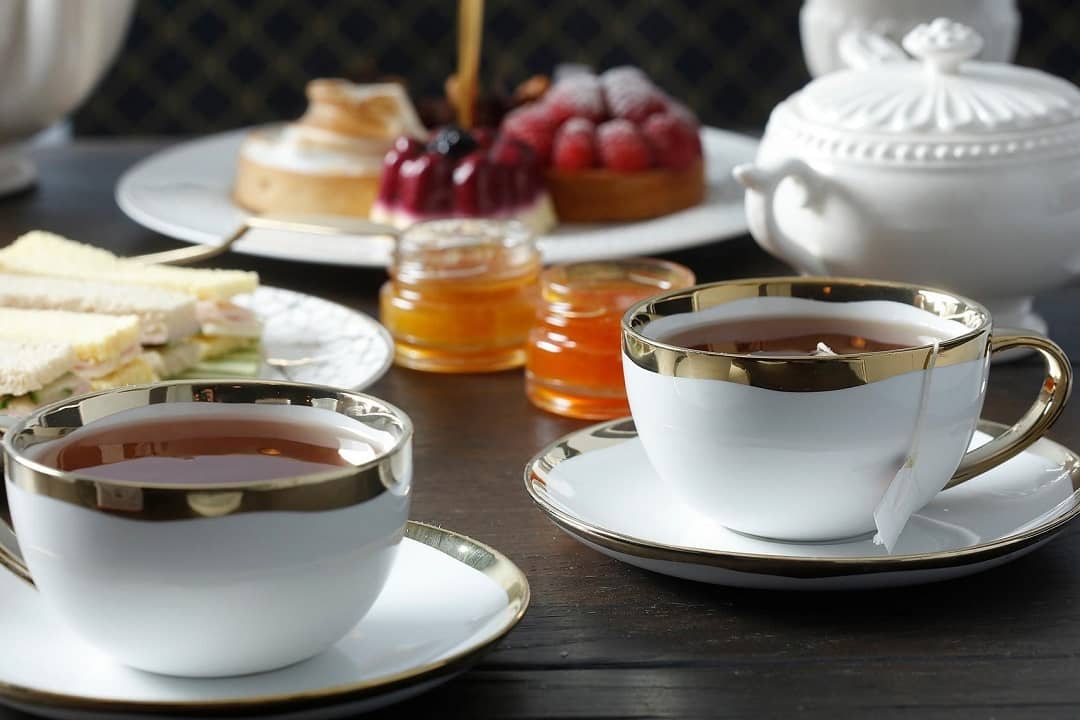
Tea’s health benefits have been greatly studied by both scientists and doctors. They have said decaf tea isn’t as beneficial health wise as regular tea. But why is this the case? In this article we’ll go over the differences in regular tea vs. decaf tea, as well as find out if it is actually healthy or not.
What is Decaf Tea?
Decaf or decaffeinated tea means the tea has had the caffeine removed via a special process. However, the Food and Drug Administration doesn’t regulate what decaf actually mean, therefore, even if the label says it is decaffeinated, it could have a bit of caffeine in the product. Read More Best Decaf Tea Brands.
What’s the Amount of Caffeine Decaf Tea Has?
Decaf tea could have between two and 15 mg of caffeine per cup. So, if you can’t handle caffeine, you need to be aware of this so you can find one with the least amount in it. You can do this via online databases providing the caffeine amount in various food and drinks. You can also read the amount on the back of the package in most foods. Just be aware that this amount varies dependent on where the tea was grown, how it got harvested, the season of the year, how it got processed for shipment and sale, and the way you prepared it at home.
How Do They Decaffeinate Tea?
There’s several methods for decaffeinating tea, with each working in a different way and producing a varied effect on the end result. The problem is the manufacturers aren’t required to tell you what process they used to decaffeinate their tea. Still, you could contact the brand and get the data you need or try to find an honest tea company which lists it on their labels.
The following is some info on decaffeination techniques:
- Carbon Dioxide (CO2): Carbon Dioxide is a top technique to decaffeinate something. It is considered to be a natural process which retains the tea’s flavor, as well as the components linked to its health benefits. The process mixes tea lives along with liquid CO2 which is put under extremely high temperatures and pressure until the CO2 converts to a solvent which magnetizes the small molecules of caffeine out of the tea leaves and keeps the bigger molecules that flavor the tea.
- Ethyl Acetate: This method is another natural decaf process, since there’s ethyl acetate naturally occurring in the tea leaves. Still, this technique actually is the one that affects the tea’s flavor the greatest. The leaves get soaked in a chemical solvent so the caffeine is removed, however, it ends up making the tea bitter. Plus, it changes the tea’s antioxidant content, thus making it less healthy.
- Water Processing: This method soaks the tea leaves in some hot water and puts it through a carbon filter to remove the caffeine. It also unfortunately removes some of the flavor, but they try to mitigate this by adding the water back to the tea leaves so it can soak up the flavor once more. However, it also results in weaker tea.
What are some benefits of decaf tea?
Good if you are sensitive to caffeine
Caffeine affects people differently. Scientists think it has something to do with genetics and have confirmed the different types of variants which affect how your body processes caffeine. People having issues regarding stomach acid, such as gastroesophageal reflux disease (GERD) or additional digestive problems like irritable bowel syndrome (IBS) or irritable bowel disease (IBD) could be amongst those caffeine sensitive.
So, if you are one of those folks who can’t tolerate much caffeine then decaf tea could be the answer to you still getting some of the benefits tea can bring.
Antioxidant components lower free radicals
The majority of the health benefits from tea are due to its antioxidant properties. In tea, these are known as catechins or flavonoids. Antioxidants battle the free radicals which can harm DNA and cause cells to die. The free radicals can also cause heart disease or cancer, as well as cause you to age faster.
There are still about 30 percent of antioxidants in decaf tea (dependent on decaf method as much as 70), especially in green tea, which can assist in killing off the free radicals, thus stopping the harm from them. Studies showed these catechins also were seen to kill off cancer cells and prevent some types of cancer like ovarian, bladder, pancreatic and gastric, based on studies by the Mayo Clinic.
Additionally, another study showed women less than 50 years old who consumed three or higher glasses of tea daily were about 40 percent less likely to get breast cancer than the women who didn’t drink it.
Can help lower bad cholesterol levels
Scientists think it’s also those catechins in tea are what help block bad cholesterol from getting absorbed into your intestines and what assists the body in removing it. So, if you drink tea it may prevent atherosclerosis, a disorder where your artery walls get thicker due to being clogged with fat.
Improves alertness and mental health
Studies also found if you drink tea you have less stress, as it lowers cortisol levels, which is the hormone that causes stress. Plus, they discovered even if you merely drink a half cup of green tea daily it can make it less likely you’ll be depressed or develop dementia. These catechins help tea drinkers be more calm, have better attention and improve the memory.
Even though caffeinated teas likely make you more alert than decaf, if you choose a decaf that’s been processed via a technique that preserves more of the antioxidants, it can still help.
Why Do Some Think Decaf Tea is Not as Good for You?
As stated earlier, when tea gets decaffeinated, it can lose between 30 and 70 percent of these flavonoids dependent on the decaf technique. Those wanting the most of these valuable antioxidants should stick with regular tea over decaf tea.
Reduction in taste
When tea is decaffeinated it can also alter the taste. Caffeine is actually bitter, so some folks prefer decaf tea since that element has been removed.
Chemical Solvents Remain in Decaf Tea
Furthermore, some decaf methods cause chemical solvents like ethyl acetate to remain on the tea leaves. All types of decaf methods are considered safe for consumption, but you might wish to drink decaf tea that’s been created via a more natural method, so be sure to find out which method the brand you consume uses.
Herbal Tea
If you want naturally decaffeinated tea, you should drink herbal teas. These are made using dried herbs, seeds, roots, leaves and flowers. Some varieties include peppermint, ginger, or chamomile. However, even though they are called tea, they aren’t “true” tea as they do not have any leaves from the camellia sinensis plant, which is otherwise known as the tea plant.
Conclusion
It’s generally recommended to consume 400 or less milligrams of caffeine a day, but some recommendations go up to 1,200. If you can tolerate caffeine and want the full health benefits of tea, you should stick with regular tea. But if you can’t tolerate caffeine, then you can still get some of the same healthy benefits, just in lesser quantities.

